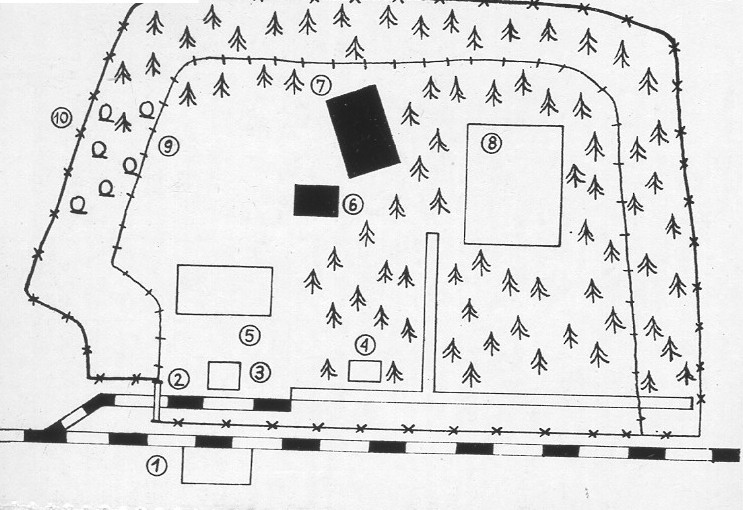1.Superior: The word "Superior" can have a number of meanings depending on the context of the subject.
It is usually an adjective, but it can be a noun. It can mean:
a. higher in station, rank, degree, importance, etc.: a superior officer
b.above the average in excellence, merit, intelligence, etc.: superior math students..
c. of higher grade or quality: superior merchandise.
d. greater in quantity or amount: superior numbers
e. showing a consciousness or feeling of being better than or above others
I believe the choice e) is the correct choice, because Bruno was led to believe throughout the story, that Germany was the best place in the world, and other countries, in this case Poland, were not as good as it.
Synonyms include: unrivaled, first-rate, haughty, arrogant, snobbish
2. Appropriate: Appropriate, like the first term, can also have many meaning depending on the type of subject. It can be interpreted as:
a. suitable or fitting for a particular purpose, person, occasion, etc.: an appropriate example; an appropriate dress.
b. belonging to or peculiar to a person; proper: Each played his appropriate part.
Synonyms include: befitting, apt, meet, felicitous, suited, proper, due, becoming
I believe choice a. was suited, because the context of the text was "appropriate" dinner conversation. In that scenario, I would think the definition would be as stated above.
3.Chaos: Chaos is never a good thing. It can be a bad thing, or a worse thing. Here are some definitions:
a. a state of utter confusion or disorder; a total lack of organization or order.
b. any confused, disorderly mass: a chaos of meaningless phrases.
the infinity of space or formless matter supposed to have preceded the existence of the ordered universe.
Synonyms include:disarray, jumble, turmoil, tumult.
I think choice a. was proper, because it explains the word in context better than the other definition. The context was chaos, as in unexpected disorder and confusion, as it happened when Pavel spilled wine of Lieutenant Kotler's lap.
4. Civilized: Civilized can mean different things to different people. I will try to cover the whole meaning of the English word, in context to different people's perspective.
a. having an advanced or humane culture, society, etc
b. polite; well-bred; refined.
c. of or pertaining to civilized people: The civilized world must fight ignorance.
d. easy to manage or control; well organized or ordered: The car is quiet and civilized, even in sharp turns.
Synonyms include: educated, learned, instructed, polished, sophisticated.
This time around, I chose two definitions, as I believed that they suited the context well. The sentence was about Bruno and his sister talking like civilized people, as opposed to fighting and arguing as uncivilized people. The word in contrast to the sentence can mean either easy to manage, or having an advanced human culture or personality.
5. Feel: Though this would count as making the job of the glossary much harder for me, I believe it would make it much more interesting.
a. To undergo the experience of: felt my interest rising; felt great joy.
a. To undergo the experience of: felt my interest rising; felt great joy.
b. To be aware of; sense: felt the anger of the crowd.
c. To be physically or emotionally affected by
Synonyms include: perceive, sense, examine, intuition
The suitable choice for me is choice c) because Shmuel was saying how he doesn't feel anything anymore. I perceive this to be choice c) because he is basically saying that the bad conditions in the concentration camp has led him not to feel any emotions of sadness or any physical beatings that was inflicted upon him.
The suitable choice for me is choice c) because Shmuel was saying how he doesn't feel anything anymore. I perceive this to be choice c) because he is basically saying that the bad conditions in the concentration camp has led him not to feel any emotions of sadness or any physical beatings that was inflicted upon him.




